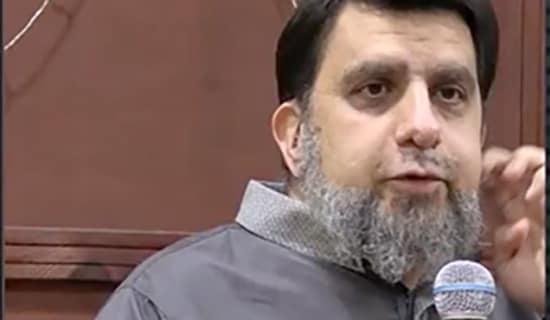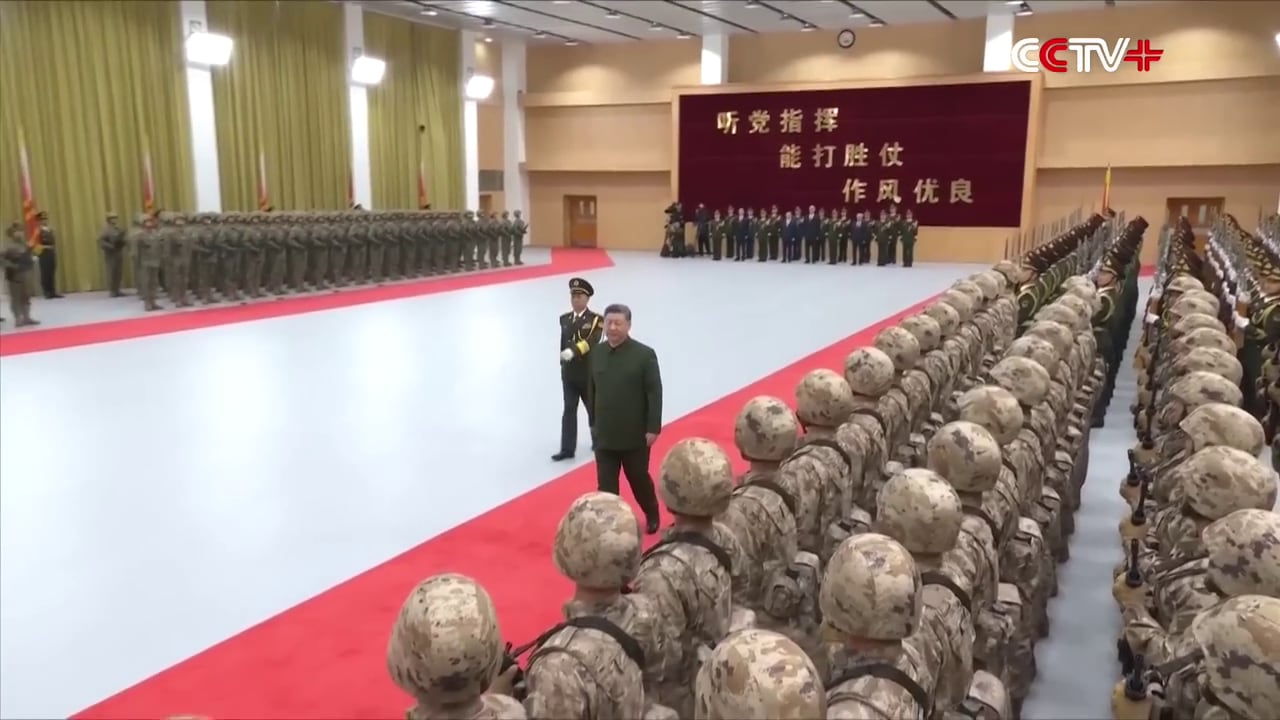
Professor Sa'd Al-Din Ibrahim, Director of the Ibn Khaldoun Center in Cairo, released from jail last year, was interviewed on Al-Arabiya TV (Dubai) on June 8, 2004. During the interview, Ibrahim expressed his support of democratic reforms in the Arab world regardless of their origins. Following are excerpts from his comments:
Moderator: Talk about democracy and change has begun in the Arab world, why then do all the Arab initiatives for democratization and judicial reform fail? Why do we hear that the reform comes from abroad, from America to be exact? Where are the initiatives that we talk about and why do they not see the light of day? Who stands in their way?
Professor Sa'd Al-Din Ibrahim: This is an important question and the answer to it is short: the Arab regimes do not want change, do not want to include others in government, do not want to relinquish power, do not want any supervision while they are in power. They want a monopoly over government and resources with no supervision, no accountability, and no partners. This is the short answer.
When you talk about the Arab countries you are actually talking about the regimes. These regimes, as I have said earlier, do not want reform, do not want to relinquish power, and do not even want to share power with their own people; and that is why they resist any reform whether from within, as a natural initiative, or as a demand from without. The fundamental problem is the Arab regimes and not the Arab countries, Arab states, or Arab peoples.
Our problem is not even with the US. We have a long account with the US, we have long-term historic arrangements with it but this is another issue.
Moderator: How should we relate to this (American) plan?
Ibrahim: We take from it what benefits us. We should have no sensibilities regarding external initiatives. I welcome every initiative, internal or external.












